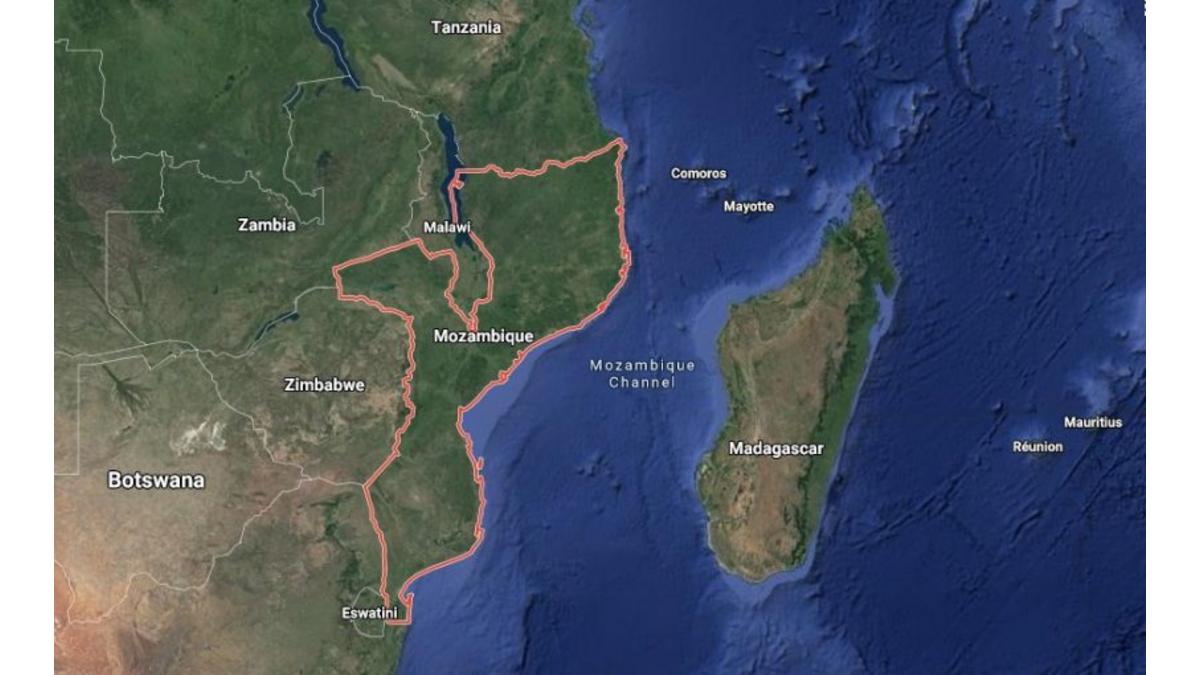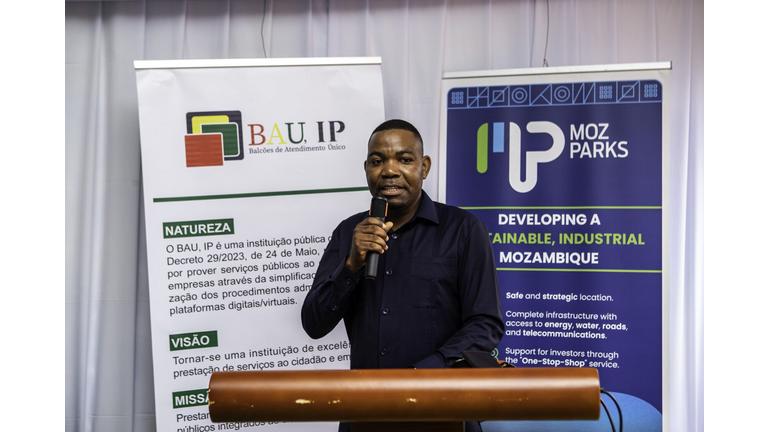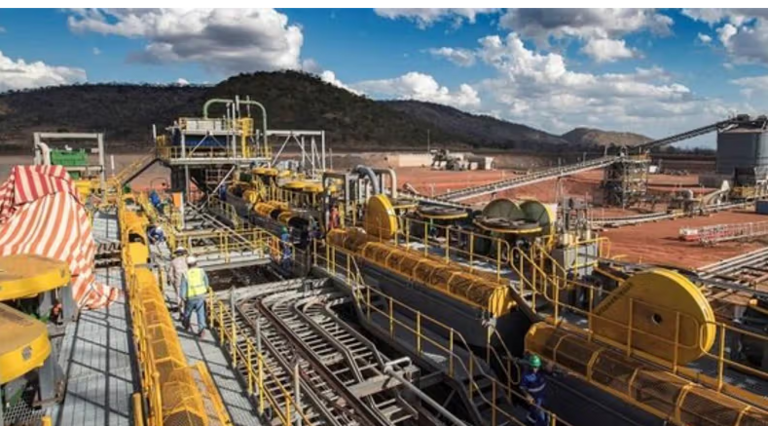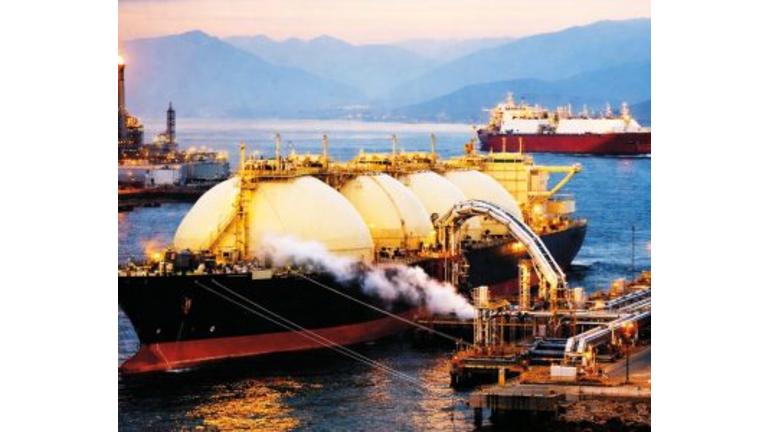Communication - Presse
Total says no hurry; possible combined security-development zone – By Joseph Hanlon

Cabo Delgado:
- Mozambique begs Total again’
- Total CEO: ‘We are not in a hurry’
- No aid for reconstruction
Three contradictory statements in the past week highlight the failure to reach agreement on a resumption of the Cabo Delgado gas project. This points to very difficult negotiations continuing, which will require serious concessions from Frelimo. It appears that TotalEnergies is moving toward a security and development enclave of Palma and Mocimboa da Praia districts, where both insurgents and greedy elites are kept at a distance.
The first of the three statements was on Wednesday (26 April) by President Filipe Nyusi. This gained the headline “Please Come Back, Mozambique Begs Total Again” in the industry newsletter Africa Oil+Gas Report (27 Apr). It was reporting Nyusi’s keynote address at the Mozambique Mining & Energy Conference in Maputo, where he said “The working environment and security in northern Mozambique makes it possible for Total to resume its activities at any time.”
The next day, TotalEnergies rejected Nyuisi’s plea. “We are not in a hurry” to return to Mozambique, Patrick Pouyanne, Total Energies Chairman and Chief Executive Officer, told an “earnings telephone call” with investors. He added that it is “premature” to talk about a return to Cabo Delgado. news.alphastreet.com/total-sa-tot-q1-2023-earnings-call-transcript/
The third statement was on 23 April by Thibault Lemaire, the economist from the African department of the IMF. He told Lusa that he expects the consortiums led by TotalEnergies of France and ExxonMobil of the US to start gas production n 2027 and 2029, respectively. That would only be possible if work had already started at the Afungi terminal site.
There are three reasons for Pouyanne’s lack of haste. First he insists that contractors can only return if they charge the same price as when the project was halted two years, and do not raise their prices. Pouyanne told investors that “I commented recently that we need to have contractors on board. Some of them are not, so we will rebid some of the packages,” he said. “We don’t see why we should pay more”. Second, he is convinced he can sell that gas even with a delay (see more below).
But there is a third reason. Pouyanne has repeatedly stressed that a return is conditional on security, and on the return to normal life in Palma and Mocimboa da Praia districts with an end to corruption and human rights violations and resumption of government services. This was clearly not happening. Since the beginning for the year, Pouyanne has had his personal representative Jean-Christophe Rufin in negotiation with the government. Total has had significant on-the-ground involvement in helping the return of displaced people and businesses, particularly in Palma.
Nothing has been said publicly, but the issue appears to be of control of money and development and what portion of any money goes to the Frelimo elite.
Indications are that TotalEnergies is keeping a tight control over its money and spending in its reconstruction project, and trying to keep Frelimo at arms length. Frelimo leaders and local officials are losing power and money, while local people are gaining a voice.
Jean-Christophe Rufin has talked to many people in Cabo Delgado and elsewhere in Mozambique. It appears that he and TotalEnergies CEO Patrick Pouyanne have realised there can only be peace and security for the gas project if local people and companies also benefit, and not just key people in Frelimo.
What appears to be emerging is a mixed security and development zone, covering all of Palma and Mocimboa da Praia districts. Rwanda forces will maintain security and keep insurgents out the enclave. TotalEnergies will oversee a return to normality and then development, where people feel that are profiting from the gas project. Frelimo, the Mozambican military, and South African and other military forces – and probably the insurgents – will continue to play a role in the rest of Cabo Delgado. But if the Frelimo oligarchs agree, gas will go ahead in a development and security enclave of Palma and Mocimboa da Praia, where Frelimo’s writ will not run.
- A quiet donor strike
At issue for any development work in Cabo Delgado are repeated complaints that humanitarian and reconstruction assistance go preferentially to Frelimo members and contract costs are inflated. Research by Mozambican NGO CDD published 10 April found that “there is evidence that certain influential groups, such as members of the Association of Combatants of the National Liberation Struggle and their relatives, benefit from the distribution of government humanitarian and social aid to the detriment of others.” It also points to competition between the provincial governor and the provincial secretary of state to participate in NGO funded projects. (CDD, “From a triple nexus perspective”, 10 April 2023 but dated Dec 2022)
President Filipe Nyusi reminded ambassadors on 3 February that public criticism of the Mozambique government is not permitted. Previous donor strikes were very public, but now there appears to be a silent donor strike in at least two areas. Government expected donor funding for elections this year. But when there was no government response to criticism of misconduct in 2019 elections, there was absolutely no donor funding for elections – but nothing was said.
Something similar has happened with Cabo Delgado reconstruction funding. There had been donor pressure to recognise unemployment and inequality as roots of the Cabo Delgado war, and to include local people in the planning and control of reconstruction. Instead, Frelimo went the other way. The reconstruction plan is controlled entirely in Maputo and by the Maputo appointed Secretary of State for Cabo Delgado. This is seen as ensuring that jobs, agricultural inputs and contracts are allocated by Frelimo and that a significant part of the money stays with the party and its big beasts. Donors say nothing, and simply do not put in any money.
On 11 April the Council of Ministers was told that no new donor money is forthcoming for the Reconstruction Plan for Cabo Delgado. It was set up in 2021 with $100mn from the World Bank, $20.6mn from UNDP, and $200,000 from TotalEnergies. The government hoped to mobilise $170mn more from other donors, but nothing has been offered. (Carta de Moçambique 17 Apr) The World Bank, as usual, is the main exception, never supporting donor strikes; its money is usually loans which Mozambique has to repay, so asking where the money goes is less of a priority.
Another part of the secret strike is that donors have rejected the politically controlled Northern Integrated Development Agency (ADIN) which was set up coordinate reconstruction aid. The Mozambican Ministry of Economy and Finance held an international donors meeting on Cabo Delgado on 16 February and participants pointedly asked this ministry to take over coordination. (MEF 20 Feb, Zitamar 18 Apr.)
TotalEnergies appears to have come to a similar conclusion and has decided that the only way effective reconstruction, job creation and return to normality can happen is if Frelimo is kept at arms length.
- ‘LNG is a very good cash machine’ says Total, but at what cost to Mozambique?
TotalEnergies CEO Patrick Pouyanne made clear in his investors briefing he wants to go ahead in Cabo Delgado when his conditions are met. “LNG is a very good cash machine”, he told investors.
Most of the Mozambique gas has already been pre-sold, and Pouyanne told the investors on the 27 April call that few buyers had dropped out despite the two-year delay. He said there is sufficient new demand, for example from Japan, that if others drop out TotalEnergies will take the gas itself.
He does not say so, but this is a recognition that the climate change goal of keeping global heating below 1.5ºC above pre-industrial levels has now been abandoned, and replaced by 2ºC or even higher. To keep below 1.5ºC, gas from Mozambique and other new fields could not be used. At 2ºC, all Cabo Delgado gas can be used.
The problem for Mozambique is that the climate emergency difference between 1.5ºC and 2ºC is massive. The temperature of the world’s ocean surface hit an all-time high in early April and will continue to rise as an El Niño cycle is now predicted. Flooding from Cyclone Freddy in March and from torrential rain in Boane, Matola and Maputo in February is directly linked.
Storms crossing the Mozambique Channel gain energy and water from the warm sea, and become more intense than in the past. This is the new normal. Mozambique will suffer more severe cyclones and a combination of “rain bombs” (three days of rain in one day) and droughts.
Global heating in 2022 was 1.16°C, and Mozambique is already seeing major climate change. Heating is expected to reach 1.5ºC in the early 2030s and 2ºC by 2050.
The cost of responding to climate change – better roads, bigger drains, stronger buildings, more rural irrigation, etc – must be paid now. And Mozambique still has not received all the donor money promised to rebuild after cyclone Idai four years ago – in part because Frelimo-controlled contracts often involve poor work. For example, the road to Buzi in Sofala keeps being washed out because repairs do not raise the level and add new culverts for flood water to pass under the roads. But favoured contractors get money to patch the road after each rainy season.
Meanwhile the costs of Rwanda security and TotalEnergies development will be added to the capital cost of the gas project, which must be paid off before Mozambique gets significant revenue. Mozambique will not get big money at least until the mid-2030s, more than a decade away.
Mozambique has gained little from its mega-projects such as aluminium, coal, and heavy sands. And gas is not looking any better. The profits from gas will not even pay for the costs of global heating and, if any are received, they will be a decade after they are needed. LNG will be a “very good cash machine” for TotalEnergies, but not for Mozambique.
By Joseph Hanlon


